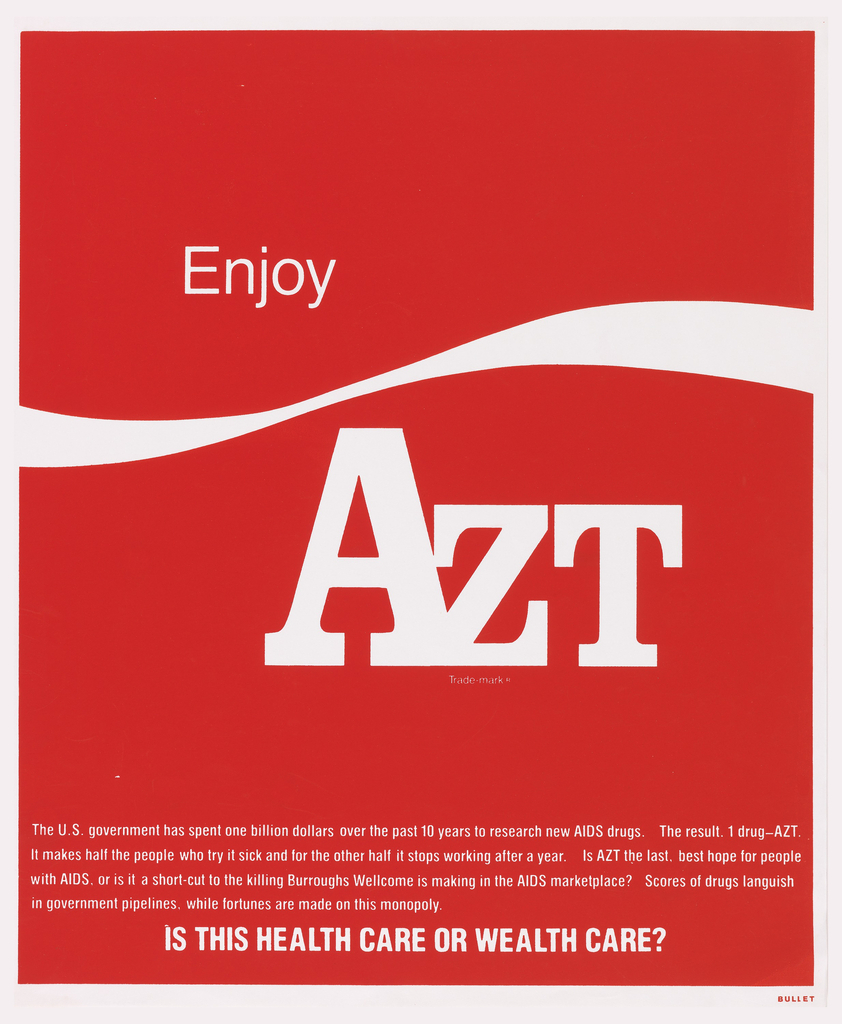By Rashedur Chowdhury, Arno Kourula, & Marjo Siltaoja
During recent years, we have witnessed growing scholarly interest in, and attention to, grassroots organizations (GROs) and the strategies that they use to gain voice and influence. This has largely been at odds with mainstream management literature which tends to examine larger actors such as multinational firms and prominent international nongovernmental organizations (NGOs). By challenging this mainstream perspective, we wanted to understand what makes GROs able to punch above their weight in influencing large corporations.
Our study focused on GROs as their fight for survival and influence is no less important than anyone else’s. We admit that this quest is not easy as GROs come in many forms, originating from several cultural and institutional contexts, and have been noted to use several tactics. In addition, they still rarely make it into public discourse as success stories. Thus, we need to better understand and conceptualize what makes them succeed contrary to one’s expectations. It turns out that the answer is – quite literally – paradoxical.
GROs are not perceived as important stakeholders of large corporations; nor are they a focal topic in the boardroom discussions. GROs generally lack resources, organizational capabilities, and legitimacy unlike their resourceful counterparts such as mainstream NGOs that tend to possess formal power and legitimacy. In contrast, we argue that GROs can be flexible in their approaches to achieving legitimacy over time. They are fully capable of using seemingly confusing and contradictory strategies – i.e., paradoxical strategies – to influence powerful actors such as corporations. For example, Foil Vedanta, a GRO, played a crucial role in revealing the regulatory, environmental, and human rights violations of a mining company called Vedanta Resources Plc. The actions of the GRO resulted in the company de-listing itself from the London Stock Exchange. Subsequently, the company has registered as a private company – Vedanta Resources Limited (VRL).
However, the above does not mean that GROs lack morality or a cognitive understanding of reality. While their moral and cognitive legitimacies remain more or less stable throughout an issue, they make use of pragmatic legitimacy strategies to achieve their goals. Pragmatic strategies are those that help GROs make strategic moves as an issue develops over time. Examples of pragmatic legitimacy strategies of GROs include their flexibility to build and leave alliances and coalitions with various actors for strategic purposes, and re-legitimizing relationships with mainstream actors. Such strategies allow GROs to overcome legitimacy struggles with relatively powerful actors who otherwise may take opportunities to claim victories and steal the limelight.

We illustrated our GRO legitimacy strategy framework using two examples: The AIDS Coalition to Unleash Power (ACT UP) from the USA and the Treatment Action Campaign (TAC) from South Africa. Both shared the same social problem and were driven by a common issue: The need for access to low-cost HIV/AIDS drugs. However, while TAC was able to achieve its mission, ACT UP did so only partially as it could not maintain its paradoxical approach to gain legitimacy. Instead, the issue of gaining access to HIV/AIDS treatment became secondary as the legitimacy of the organization was constantly being questioned. This, however, helped Act Up to highlight serious concerns about the role of large and powerful pharmaceutical companies that have been monopolizing and controlling the sales of patented HIV/AIDS drugs with a price tag of US$10,000 to US$15,000 dollars per patient per year (HIV/AID cocktail or a combination of antiretroviral drugs can cost at least US$60,000 per patient per year) whereas a generic version of the same version of the patented drug could be priced as low as US$170 to US$200 per patient per year.
Our study has two important practical implications for company managers. First, managers should be better trained to understand the roles and influences of GROs that operate within and beyond their local communities. In doing so, managers must not see GROs as weak and uneducated actors. Historically, corporations tend to collaborate more with larger NGOs and government agencies as they held the belief that such collaboration makes corporations less of an activist target. However, GROs are aware that they are ignored by powerful parties and that, if they want to achieve their legitimate demands, they must use paradoxical or contradictory legitimacy strategies.
Second, managers should appreciate the fact that it is indeed important that GROs have a voice for their communities. NGOs or government agencies do not always have similar levels of commitment as GROs have in addressing local issues which concern GROs. This means that companies should give particular or fair attention to GROs. If companies keep ignoring the valid concerns of GROs, this simply encourages GROs to become more strategic and mobilize resources and networks intensively so that firms do not have any other options than to address GRO concerns. While GROs may take peaceful action such as protests and dialogs, they are also capable of using illegitimate activities such as vandalism; for instance, smashing the windows of a corporate headquarters to destabilize companies and/or increase public awareness for their cause.
All things considered, GROs contribute to greater societal good by providing a voice to local concerns, and they often protect communities and local environments from damage caused by profit-maximization attitudes and practices of corporates.
